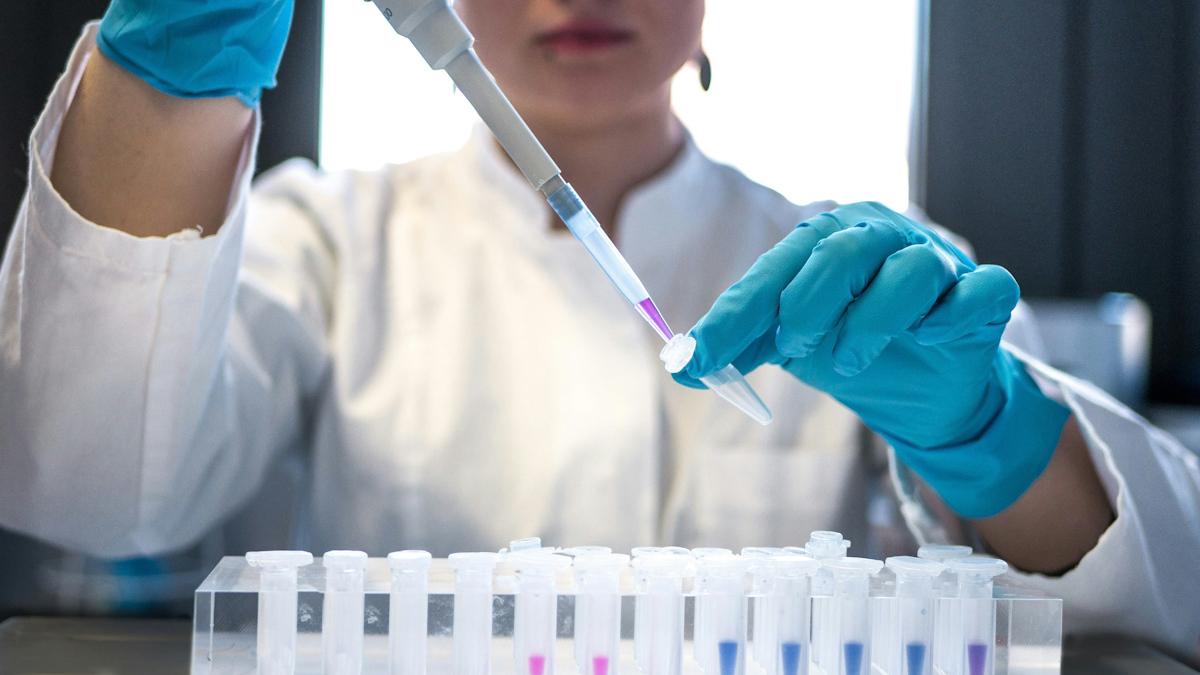TIGIT developer iTeos raises $120m, and other financings

Our round-up of notable biotech financings in the last week includes a $120 million direct offering for immunology and inflammation biotech iTeos, and private rounds for Lycia, Attovia, Ajax, and CinDome.
Publicly-listed iTeos Therapeutics closed a $120 million direct offering led by existing investors RA Capital Management and Boxer Capital, topping up its cash reserves to $715 million, shortly after reporting positive interim results with its GSK-partnered anti-TIGIT antibody belrestotug (EOS-448) in the phase 2 GALAXIES Lung-201 study.
The new money means that iTeos can now fund its activities through 2027, including the start of multiple phase 3 studies of belrestotug in combination with GSK’s PD-1 inhibitor Jemperli (dostarlimab).
In GALAXIES, there was a “clinically meaningful” reduction at every dose of the combination tested compared to monotherapy with Jemperli or MSD’s PD-1 inhibitor Keytruda (pembrolizumab) in patients with previously untreated, advanced, or metastatic non-small-cell lung cancer (NSCLC). That efficacy exceeded iTeos’ expectations and was backed by a safety profile “in line with the TIGIT:PD-1 class,” said the company.
Protein degrader specialist Lycia Therapeutics completed a $107 million Series C financing that will be used to move its lead lysosomal targeting chimaera (LYTAC) candidates into clinical testing for autoimmune and inflammatory diseases.
Lycia’s technology relies on the use of small molecules or antibodies that can bind to both disease-associated proteins and cellular lysosomes – membrane-bound structures in the cell that are used to dispose of waste products – to stimulate the breakdown of the protein. In 2021, the promise of the approach attracted a partnership with Eli Lilly worth up to $1.6 billion.
Venrock Healthcare Capital Partners led the round, with participation from new investors Janus Henderson Investors, Marshall Wace, and Franklin Templeton, and continued support from existing investors including Lilly.
Attovia Therapeutics has closed a $105 million Series B that will help fund its two lead programmes - ATTO-1310 for atopic dermatitis and other diseases associated with itching, and ATTO-002 for immune-mediated diseases – through to the readout of their first clinical trials.
The two candidates are both bispecific antibodies – dubbed Attobodies – that have the ability to bind to two different targets on the same molecule and offer high affinity, enhanced internalisation into cells, as well as fast tissue penetration, according to the biotech. ATTO01310 targets IL31, while ATTO-002 hits both IL31 and IL13. The first clinical trial, of ATTO-002, is due to get underway next year.
The financing was led by Goldman Sachs Alternatives, with participation from new backers Cormorant Asset Management, Nextech Ventures, Redmile Group, EcoR1 Capital, Marshall Wace, and Logos Capital, as well as existing investors. Goldman Sachs’ life sciences managing director Colin Walsh has joined Attovia’s board.
Goldman Sachs also led a $95 million third-round financing this week for Ajax Therapeutics, backed by new investors including Eli Lilly, Vivo Capital, RA Capital Management, and Point72.
The cash injection comes as Ajax has been cleared by the US FDA to start clinical trials of AJ1-11095, which Ajax says will be the first type 2 JAK2 inhibitor to be tested in human subjects. A study in bone marrow cancer myelofibrosis is expected to get underway in the latter half of this year. The funds will be used for that study and to advance Ajax’s pipeline of other drugs for myeloproliferative neoplasms (MPNs).
The company said AJ1-11095 will bring “much-needed innovation” to the field of JAK inhibitors for myelofibrosis and other MPNs. At the moment, all approved JAK2 inhibitors target the type 1 form, and Ajax believes its drug can offer greater efficacy – with disease modification – as well as activity in cancers that become resistant to type 1 JAK2 inhibitors.
Finally, CinDome Pharma has raised $40 million in a Series B extension that takes the total to $59 million and will be used to fund a phase 2 trial of lead drug deudomperidone (CIN-102) in adults with delayed gastric emptying (gastroparesis) due to diabetes, and prepare for registrational studies.
The company is currently recruiting patients in the envision3D study of deudomperidone, a deuterated form of domperidone, which is widely used to treat gastroparesis outside the US. Safety concerns – notably a cardiac effect known as QT prolongation – mean domperidone has not been approved in the US, and CinDome’s deuterated version seems to reduce that side effect.
The extension to the round came from existing investors, including Perceptive Advisors and CinRx Pharma.
Photo by Dmytro Demidko on Unsplash













